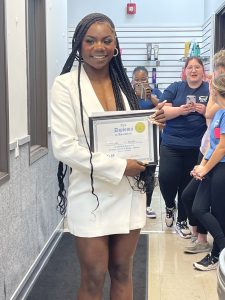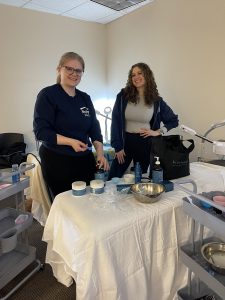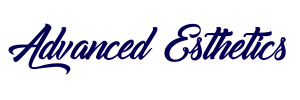750 hours is a study of the artistic and scientific principles of esthetics and its concepts and applications. Because esthetics is primarily a hands-on business, the majority of your education will be devoted to technique, although the fundamentals that support the practice are essential.
Starts: January 8th, April 30th, August 20th, December 10th

Theory of anatomy and physiology of the human body
The study of the skin
Analysis of skin types and conditions
Disorders of the Skin
Maintenance and corrective facial treatments
Cleansing, exfoliation, and alpha hydroxy acids
Facial massage techniques
Makeup artistry and techniques
Hair removal
Use of Esthetics Tools
Lighted mirrors, steam machines, saunas and spas, rinsing apparatus, etc.
Product knowledge and application
Basic chemistry as applied to product ingredients and composition
Cleansing agents, lotions, wraps, oils, etc.
Nutrition
Microbiology
Sanitation
Sales techniques and Salon business
Communication skills.
Estheticians must:
Know a lot about many different subjects
Be able to recognize abnormalities in the skin
Be able to recommend effective treatments to correct skin abnormalities.
Communicate well to establish, build, and maintain a trusting relationship with each client.




Employment opportunities abound for the licensed Esthetician:
Practice esthetics in a salon or spa
Open your own business
Work as makeup artists in a variety of environments
Salon/spa
Portrait or commercial photography studios
Fashion shows
Television, stage, or motion pictures
Freelance bridal and special occasion
Reconstructive/camouflage cosmetics in medical practices
A mortuary as a restorative specialist
Medical practices such as dermatology, plastic surgery, oncology, or burn treatment centers
Cosmetic research and development, sales,and management
Cosmetic buyer or assistant buyer
A manufacturer’s representative for skin care, cosmetics, or equipment
Freelance writing and lecturing on the topic of beauty
Beauty editor of a newspaper, magazine, or trade journal
Educational positions as teachers of makeup and skin care are possibilities
School administrators or state licensing examiners.
* “Job Demand in the Cosmetology Industry”, from the National Accrediting Commission of Cosmetology Arts and Sciences. These figures include an average of full-time, part-time, and low-time salaries for professionals at specialized salons.

